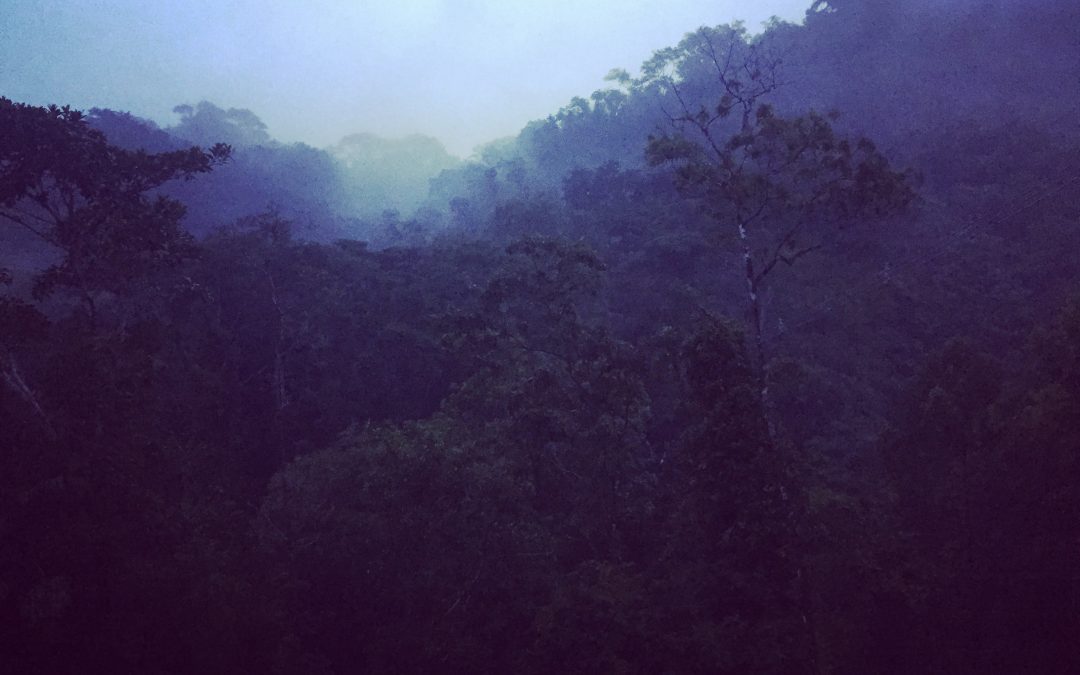My grandfather was a marine. He was drafted when he was 18. His platoon was on the frontline of the Korean War, fire fights back and forth over the 38th parallel. I only know bits and pieces of the horror my grandfather saw, and nothing from his own words.
I remember being a small child and staring up at the flags flapping in the wind. They were everywhere. Stuck to trucks, thermoses; they lined the lawn. His car horn could play the marine corp hymn and my little fingers loved to push that magical button. I remember the way he sat on his bar stool and sipped coffee and vodka. I also remember that he didn’t have any marine friends.
Because they all died.
My grandfather and four other marines piled their fallen friend’s dead bodies on top of themselves and hid under them for two days until the allied troops retook the line.
My grandfather re-integrated into society, but he had gone through the hardest ordeal a warrior can – to survive the death of all of his brothers. Faces forever burned into the back of his mind. Only 5 lived out of his entire battalion. He had night terrors and lost his temper. He had long-term PTSD, never sought treatment, and his stoic nature is something I will always admire.
But, therein lies the problem for many vets. We have Memorial day because we don’t really want to hear about war the other 364 days out of the year.
We have quarantined death to assisted living centers, and quarantined our wars to faraway lands against terrorists, rebels, insurgents, radicals, sub-humans. We are thankful for their service against these forces we don’t want to understand, but hesitant to reintegrate these humans back into our modern, comfortable, civilized society, to give them meaning instead of thanks.
My grandpa was lucky. He became an electrician and he was almost never alone. He was on the job and he fished through the silence on the weekends. He provided for his family and he loved the best he could.
And he won the hardest battle of them all, finding some semblance of meaning after war.
“Shared public meaning gives soldiers a context for their losses and their sacrifice that is acknowledged by most of the society. That helps keep at bay the sense of futility and rage that can develop among soldiers during a war that doesn’t seem to end. Such public meaning is probably not generated by the kinds of formulaic phrases, such as “Thank you for your service, ” that many Americans now feel compelled to offer soldiers and vets. Neither is it generated by honoring vets at sporting events, allowing them to board planes first, or giving them minor discounts at stores. If anything, these token acts only deepen the chasm between the military and civilian populations by highlighting the fact that some people serve their country but the vast majority don’t.”
-Sebastian Junger – Tribe – Read it Today.



Recent Comments